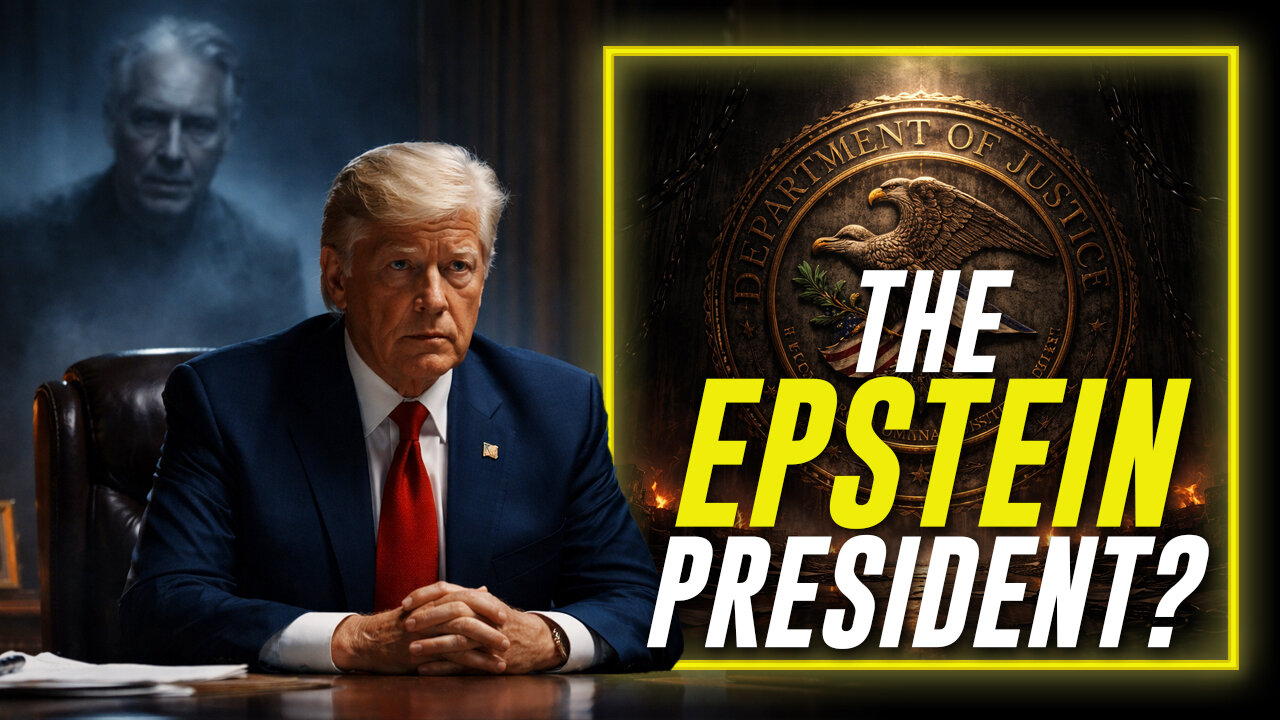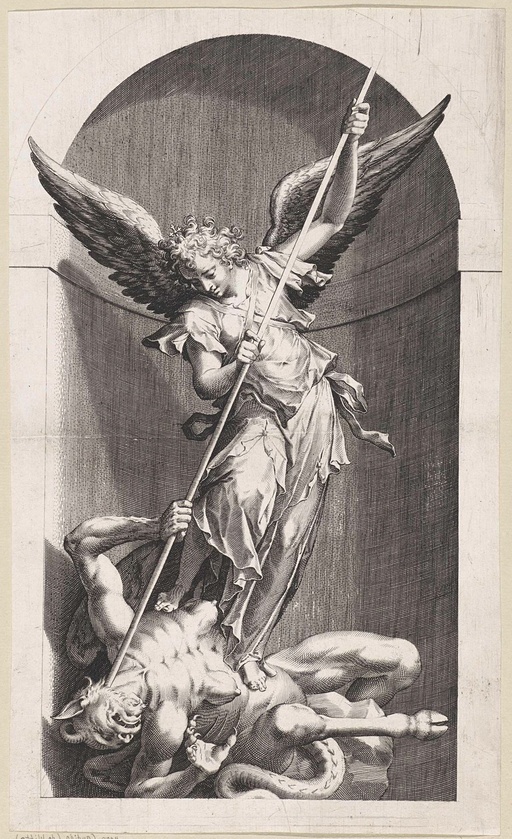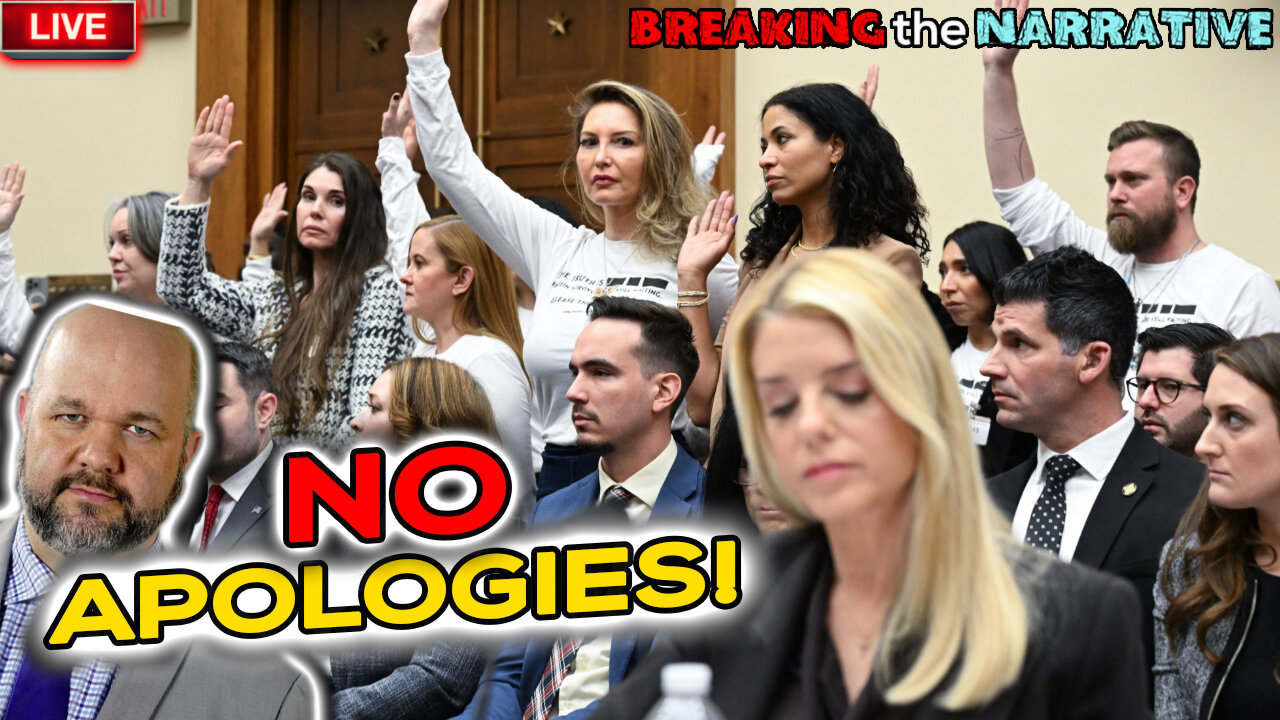I. INTRODUCTION

I created a custom GPT with all 17,000 pages of the Weaponization of Government document that was just released.
You can use it yourself here: https://chatgpt.com/g/g-676718a7dd988191aff4125d419d1abd-weaponization-of-government-report-analyst
I asked it an interesting question. What do you think about the answer?
Based on the thorough review of the documents, here is a detailed summary of some of the most obscure yet concerning findings related to potential misuse of power, hidden actions, and their implications, organized with context, affected parties, and alleged wrongdoers:
These findings, while based on evidence within the reports, often involve deliberate obfuscation of direct responsibility. Many of these actions reflect attempts to balance political outcomes, often at the expense of constitutional liberties or electoral integrity.
You’ve got to hear this exchange with him and Nancy Mace.
The man is not as stupid as he pretends to be.
But my goodness, does he pretend to be stupid.
I did a quick hit on Richard Syrette yesterday. Gotta keep Canadians apprised of the U.S. madness.
Ask in replies and answering Live at 9ish eastern tonight.
It’s different enough from the Candace Owens lawsuit, but could be an indication of liability to her… it does have elements of rhyme to it.
Some TikToker psychic was claiming a University professor was responsible for Kohberger Idaho murders.
Crazy conspiracy theory stuff. Just ordered it to pay $10 million for defamation and intentional infliction of emotional distress.


I. INTRODUCTION
A. Art of the Week
B. Recommendation of the Week
C. Wisdom of the Week
D. Appearances

II. THE EVIDENCE
A. Barnes Library: Curated Weekly Articles of Interest
*Bonus: Bald eagle rescued. https://abc7ny.com/post/nypd-officers-describe-rare-rescue-trapped-american-bald-eagle-icy-hudson-river-nyc/18616678/
B. Best of the Board: Five Fantastic Posts of the Week
*Bonus: Bondi mockery. https://vivabarneslaw.locals.com/post/7703469/spotted-all-over-washington-dc-while-i-normally-don-t-share-the-political-views-of-people-in-dc
**Bonus: Weekly Wisdom. https://vivabarneslaw.locals.com/post/7704649/the-intersection-of-politics-youtube-commentary-and-critical-traffic-infrastructure-https-you
C. Homework: Cases of the Week for Sunday
*Lobbyist disclosure laws. https://www.law.cornell.edu/uscode/text/2/chapter-26
**Lobbying disclosure guidelines. https://www.senate.gov/legislative/resources/pdf/S1guidance.pdf
***Transanity in Canada. https://vivabarneslaw.locals.com/post/7704549/tribunal-ruling-out-of-british-columbia-canada
III. CLOSING ARGUMENT: Constitution Masterclass Series — Article I, Tariffs

I. INTRODUCTION
A. Art of the Week
B. Recommendation of the Week
C. Wisdom of the Week
D. Appearances


II. THE EVIDENCE
A reminder: links are NOT endorsements of the authors or their interpretation of events, but intended to expand our library of understanding as well as expose ideas of distinct perspective to our own.
A. Barnes Library: Ten of the Top Curated Weekly Articles
B. Homework: Cases of the Week for Sunday
*Bonus: Livenation Ticketmaster Antitrust https://www.hollywoodreporter.com/music/music-industry-news/live-nation-doj-lawsuit-after-gail-slater-resignation-1236504011/
**Bonus: NCAAF eligibility suit. https://www.knoxnews.com/picture-gallery/sports/college/university-of-tennessee/football/2026/02/13/joey-aguilar-eligibility-hearing-tennessee-vs-ncaa/88659399007/
***Bonus: AI plagiarism win. https://www.newsday.com/long-island/education/adelphi-university-ai-plagiarism-lawsuit-oh07enyz
C. Best of the Board: Ten of the Top Posts
III. CLOSING ARGUMENT: Constitution Masterclass Series — Article I, Elections